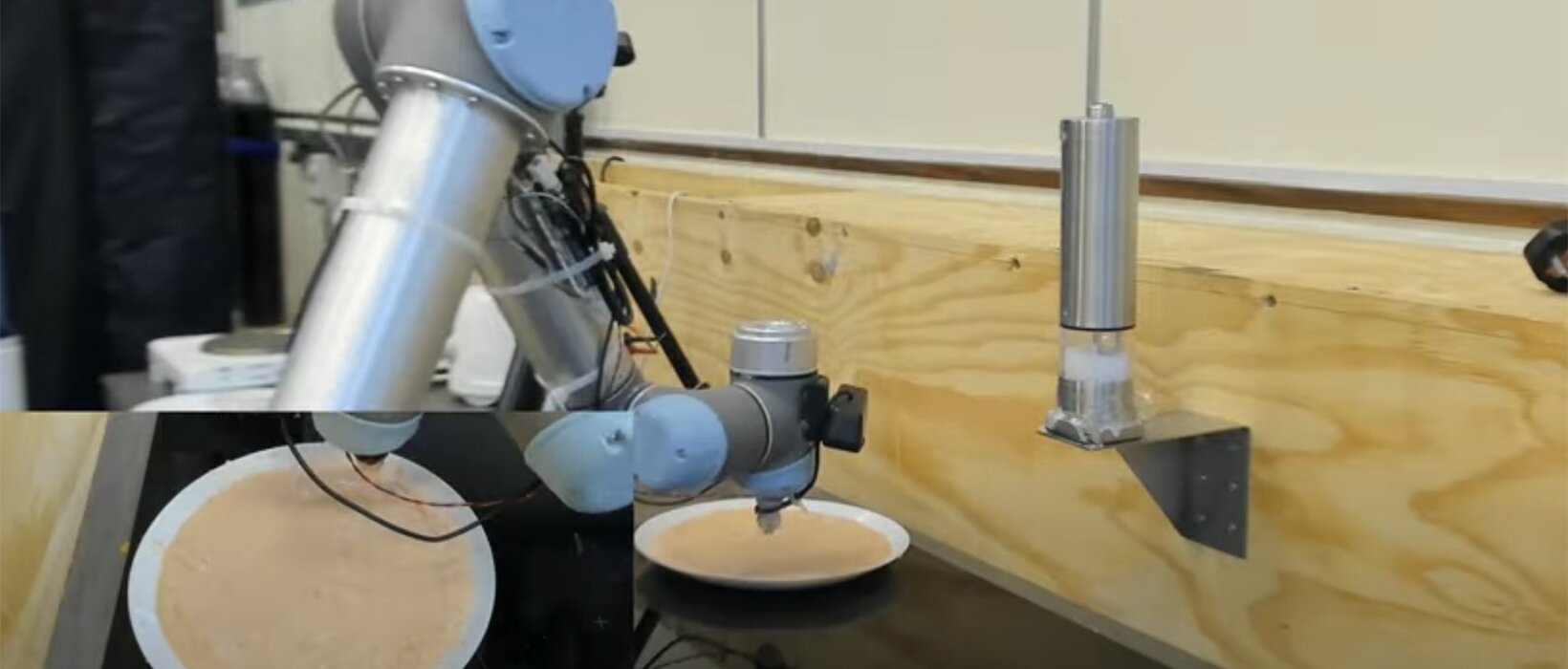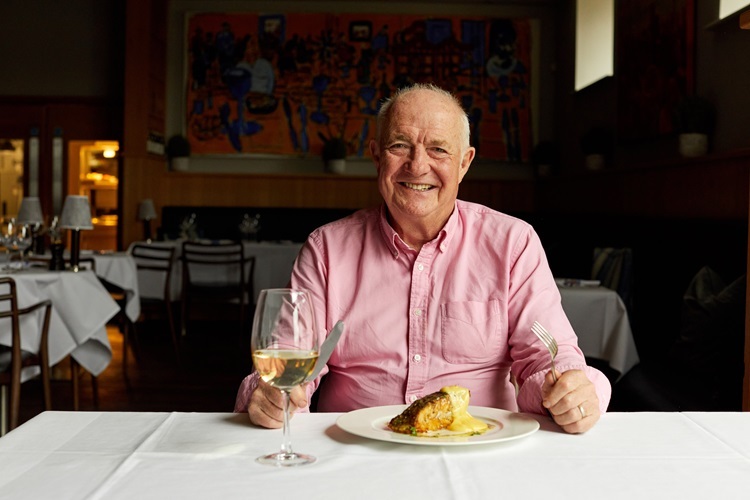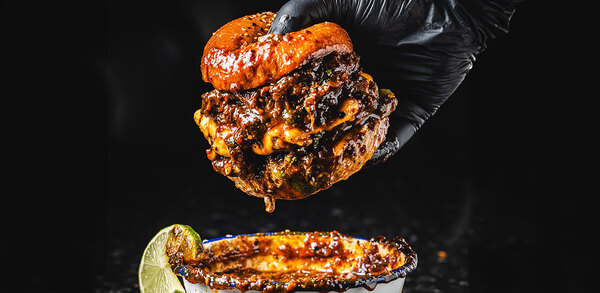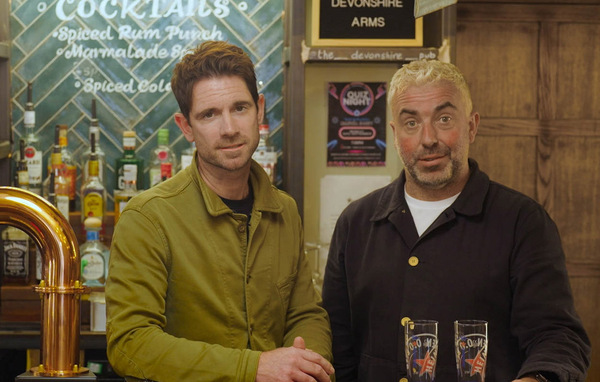Robot chef learns to ‘taste as you go’
A robot ‘chef’ has been trained to taste food at different stages of the chewing process to assess whether it’s sufficiently seasoned.
Working in collaboration with domestic appliances manufacturer Beko, researchers from the University of Cambridge trained the robot to assess the saltiness of a dish at different stages of the chewing process, imitating a similar process in humans.
Their results could be useful in the development of automated or semi-automated food preparation by helping robots to learn what tastes good and what doesn’t.
The robot, which has already been trained to make omelettes based on human tasters' feedback, tasted nine different variations of scrambled eggs and tomatoes at three different stages of the chewing process, and produced ‘taste maps’ of the different dishes.
The researchers found that this ‘taste as you go’ approach significantly improved the robot’s ability to quickly and accurately assess the saltiness of the dish over other electronic tasting technologies, which only test a single homogenised sample. The results have been reported in the journal Frontiers in Robotics & AI.
Grzegorz Sochacki from Cambridge’s Department of Engineering, the paper’s first author, said: “If robots are to be used for certain aspects of food preparation, it’s important that they are able to ‘taste’ what they’re cooking.”
“When we taste, the process of chewing also provides continuous feedback to our brains,” said co-author Dr Arsen Abdulali, also from the Department of Engineering.
“Current methods of electronic testing only take a single snapshot from a homogenised sample, so we wanted to replicate a more realistic process of chewing and tasting in a robotic system, which should result in a tastier end product.”
The researchers were members of Cambridge’s Bio-Inspired Robotics Laboratory, which focuses on training robots to carry out the so-called ‘last metre problems’, which humans find easy, but robots find difficult. Cooking is one of these tasks: earlier tests with a robot ‘chef’ have produced a passable omelette using feedback from human tasters.
To imitate the human process of chewing and tasting in the robot chef, the researchers attached a conductance probe, which acted as a salinity sensor, to a robot arm. They prepared scrambled eggs and tomatoes, varying the number of tomatoes and the amount of salt in each dish.
Using the probe, the robot ‘tasted’ the dishes in a grid-like fashion, returning a reading in just a few seconds.
To imitate the change in texture caused by chewing, the team then put the egg mixture in a blender and had the robot test the dish again. The different readings at different points of ‘chewing’ produced taste maps of each dish.
Their results showed a significant improvement in the ability of robots to assess saltiness over other electronic tasting methods.
The researchers said that by imitating the human processes of chewing and tasting, robots will eventually be able to produce food that humans will enjoy and could be tweaked according to individual tastes.
“When a robot is learning how to cook, like any other cook, it needs indications of how well it did,” said Abdulali.
“We want the robots to understand the concept of taste, which will make them better cooks. In our experiment, the robot can ‘see’ the difference in the food as it’s chewed, which improves its ability to taste.”
The researchers are looking to improve the robot chef so it can taste different types of food and improve sensing capabilities so it can taste sweet or oily food, for example.
Image: Cambridge University/Youtube



















